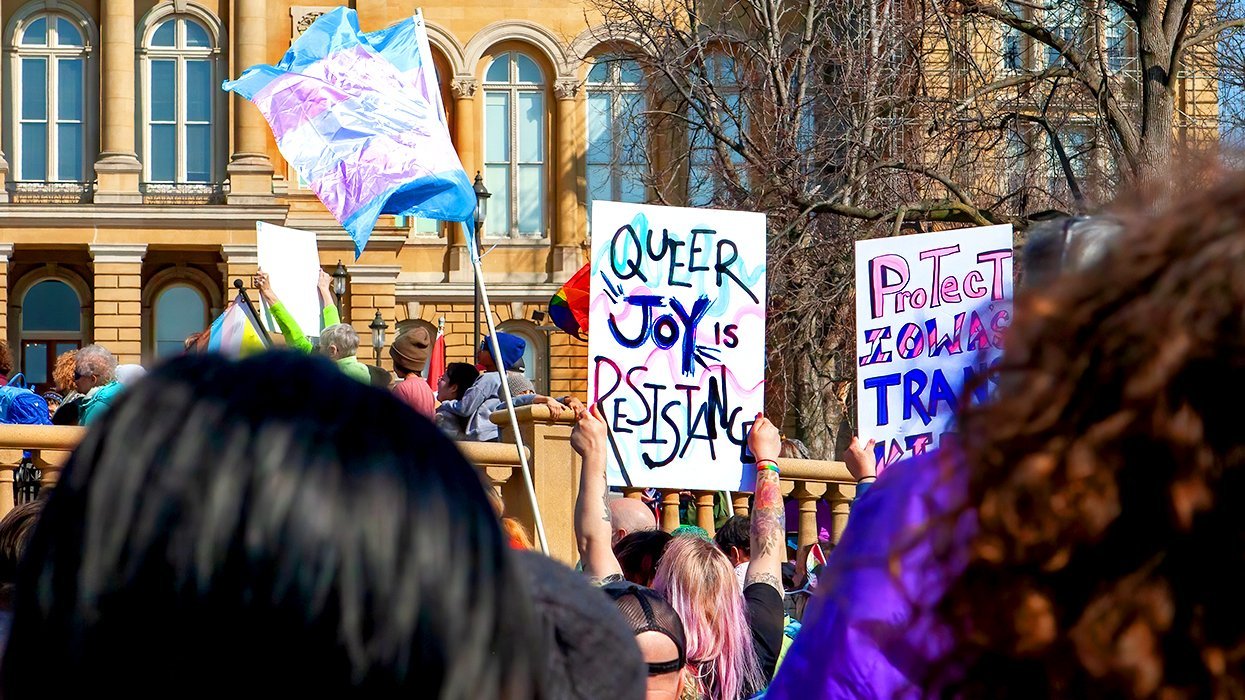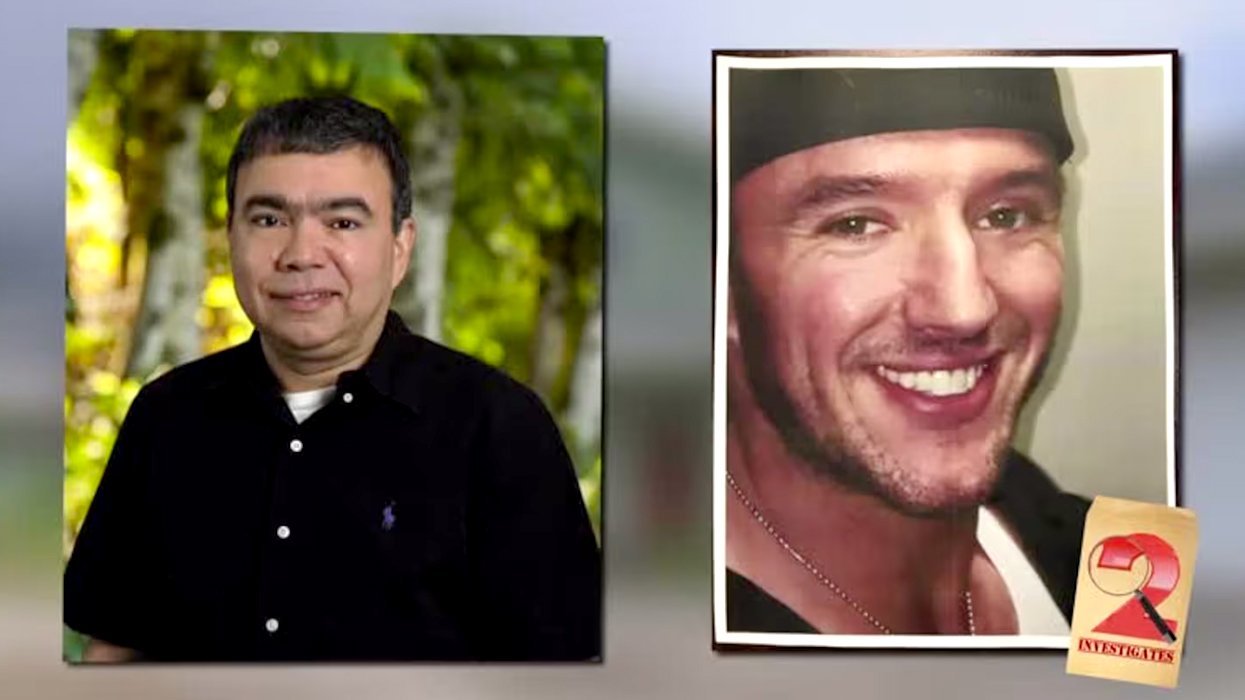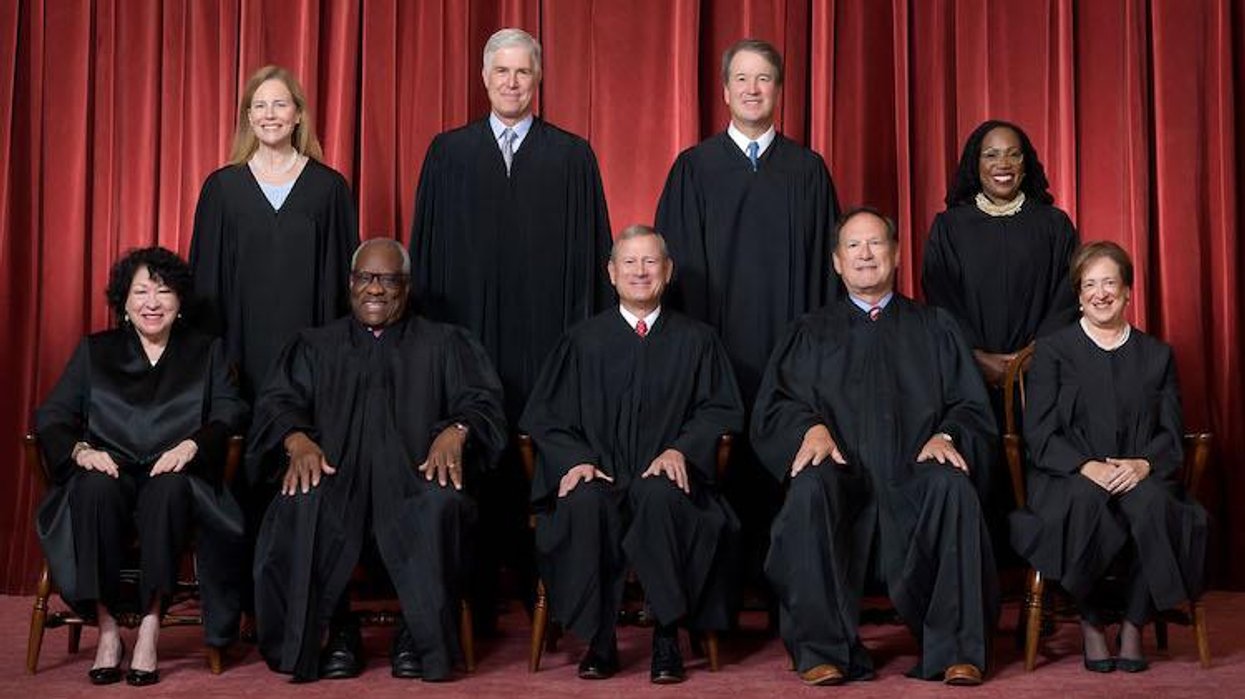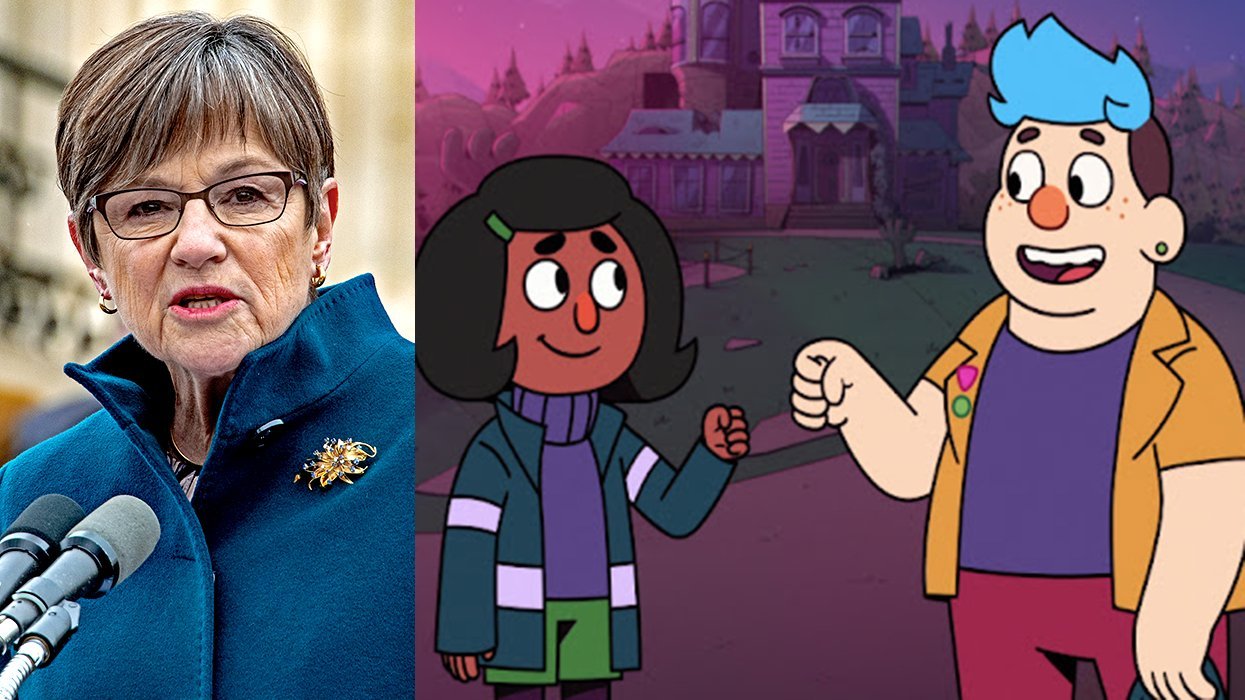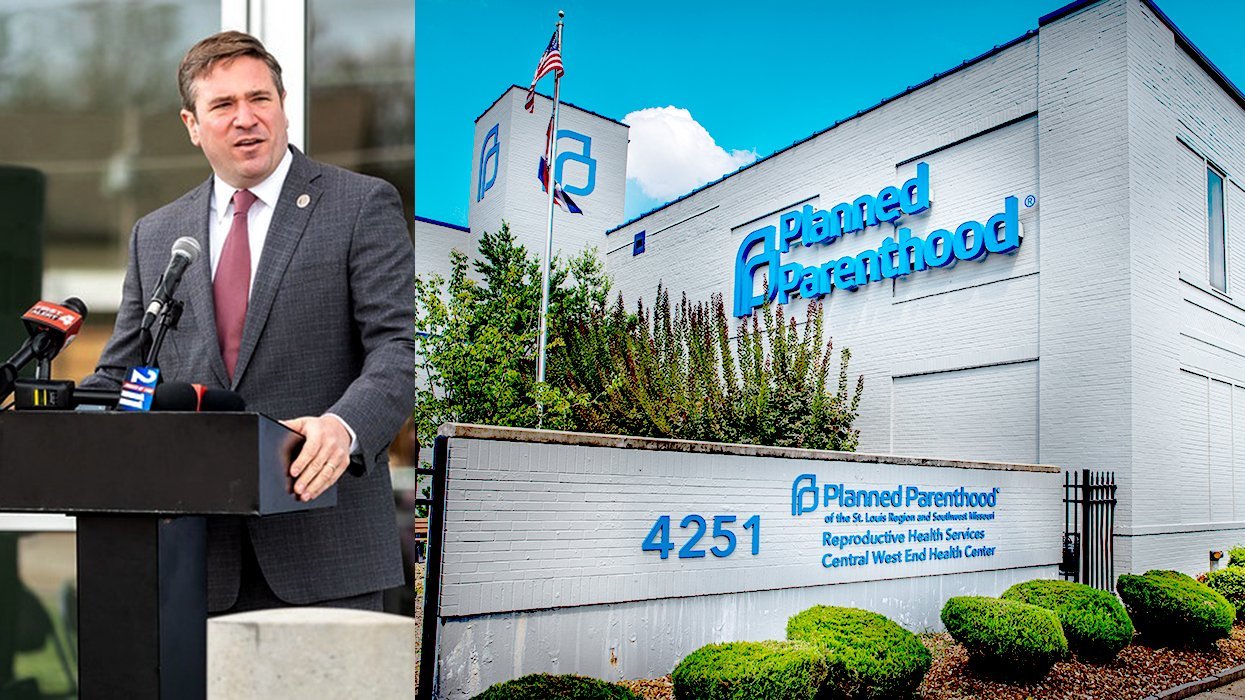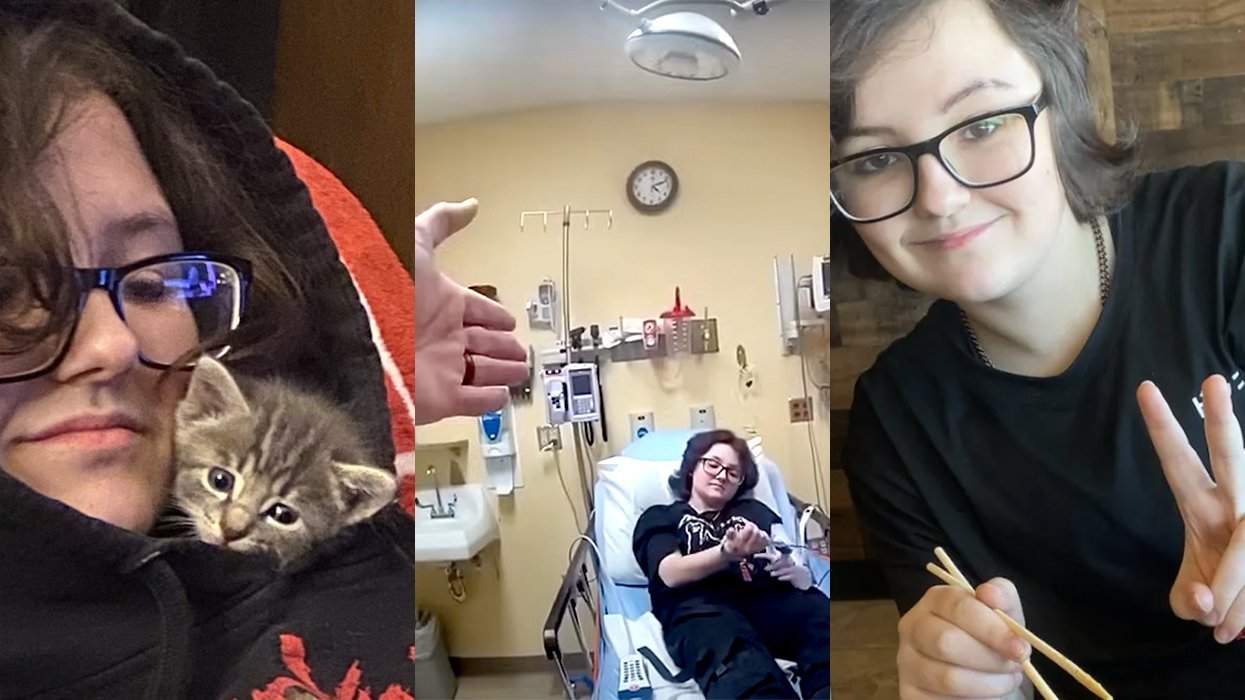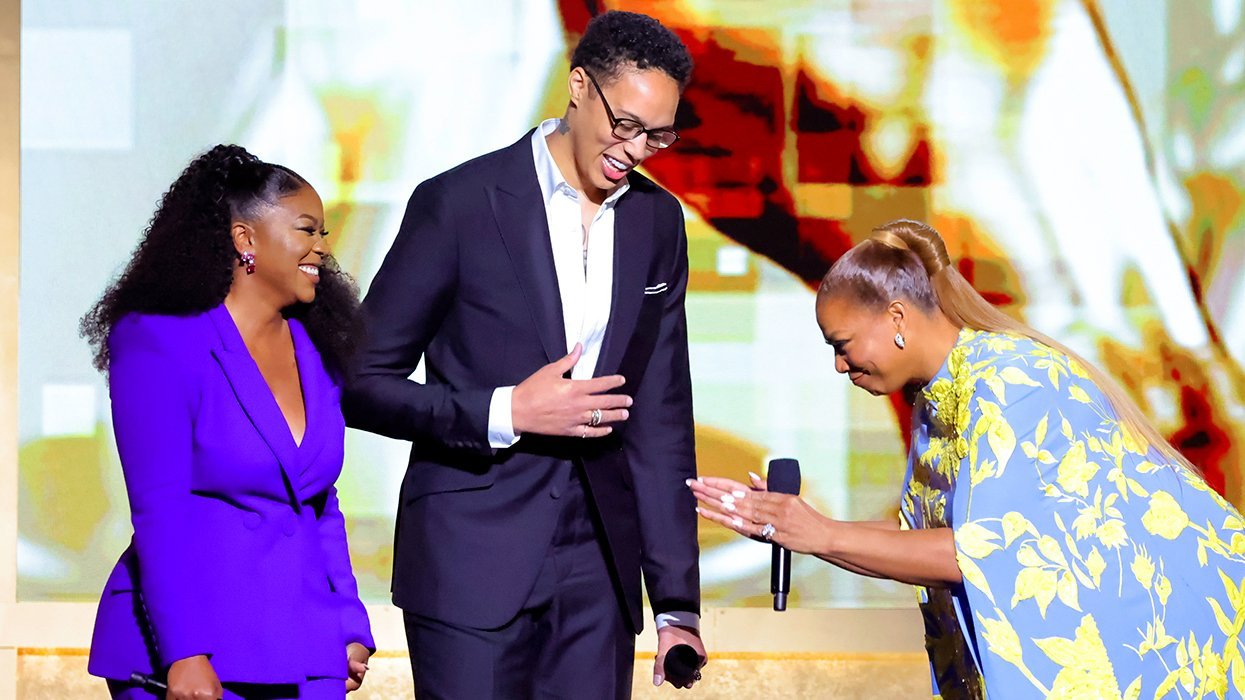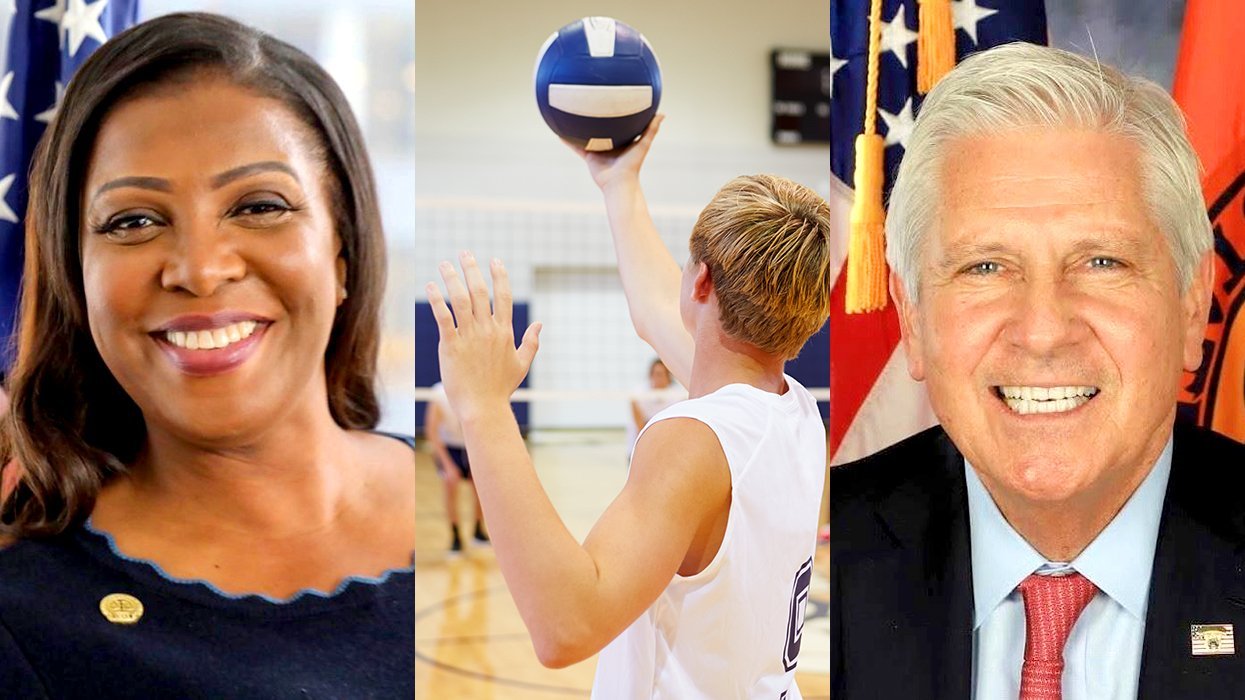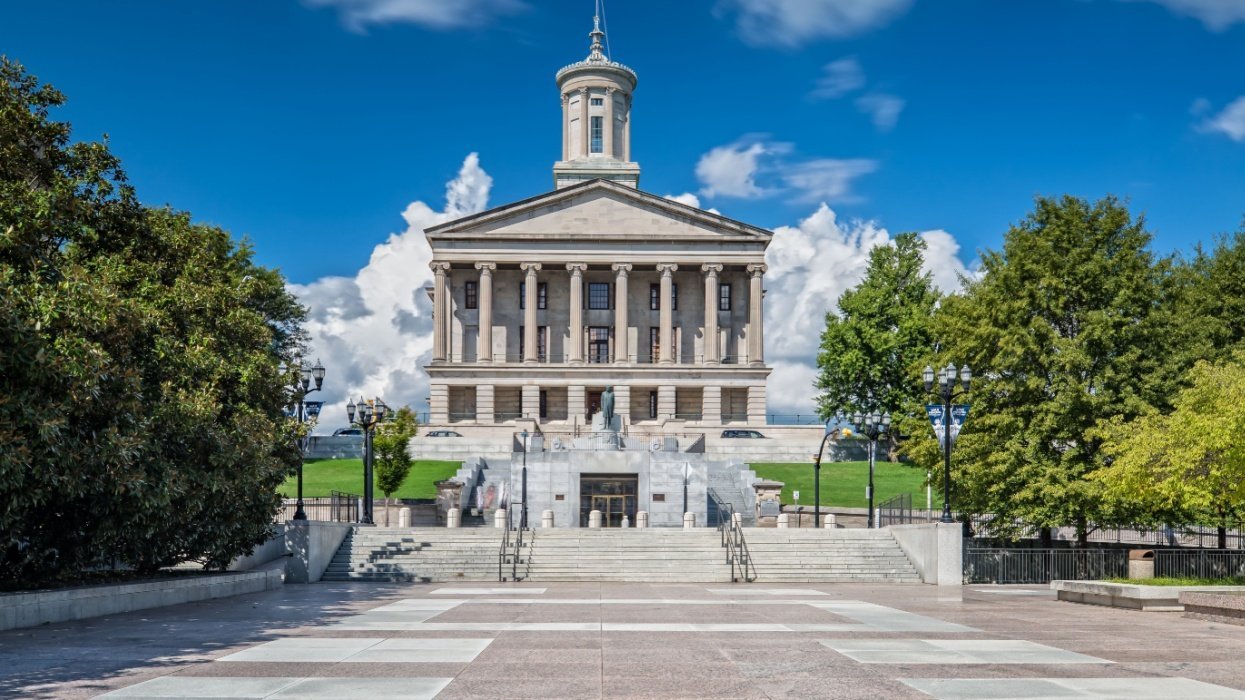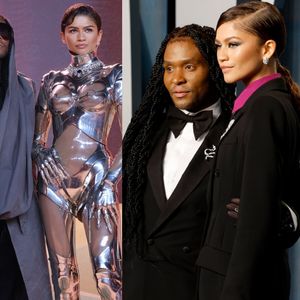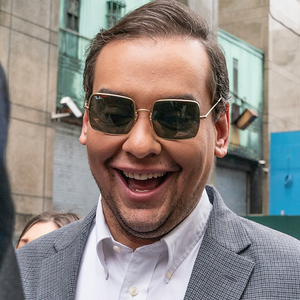
CONTACTStaffCAREER OPPORTUNITIESADVERTISE WITH USPRIVACY POLICYPRIVACY PREFERENCESTERMS OF USELEGAL NOTICE
© 2024 Pride Publishing Inc.
All Rights reserved
All Rights reserved
By continuing to use our site, you agree to our Private Policy and Terms of Use.
One full week after the Democratic-controlled assembly passed a bill that would legalize civil marriage for same-sex couples in New York, the Republican-led senate still has not announced whether it plans to vote on the measure, although Gov. Andrew Cuomo and legislative leaders insisted they were making progress Wednesday in the waning hours of the legislative session.
"I'm cautiously optimistic that there are going to be enough votes there," said the governor to reporters at the capitol in the evening. "There's only one way to find out: when they call the votes."
The governor, a bipartisan coalition of advocates and a majority of New Yorkers, according to recent polls, want to see the marriage equality bill debated and passed, but since last week, senate Republicans have delayed the decision, now squarely on their shoulders, of whether to hold a vote. As other legislative gridlock eases in what appears to be the final week of session, ongoing negotiations over an additional, unspecified set of religious exemptions have emerged as the substantive reason for the standstill, while the political calculations entangling the majority conference under enormous public pressure remain obvious, if unspoken.
According to Cuomo, the "back and forth" about the religious protections continued as recently as Wednesday, when he said of the talks with three Republican envoys, "We have not hit any obstacles, let me say that."
"They often come back with comments from the conference," said the governor about senators Kemp Hannon, Andrew Lanza and Stephen Saland. "This has been going on for a number of days. We did another round, if you will, this afternoon, where we came up with more language," he said.
Earlier in the day, Assembly Speaker Sheldon Silver, whose chamber would need to approve any changes to the bill, said he had seen a draft of the proposed amendment for religious exemptions and found it acceptable. Near the same time, senate majority leader Dean Skelos, the target of many demonstrators pro and con on Wednesday, said that he believed the negotiations could be concluded, which would allow him to take the entire proposal to his conference for consideration.
Neither the governor nor the legislative leaders discussed the nature of the proposed exemptions, but people familiar with the negotiations describe the proposals as narrow and focused, within the parameters of the state's human rights law, unlike the broad protections for religious individuals and businesses championed by Senator Greg Ball, who is not one of the Republican negotiators. The Marriage Equality Act submitted by Cuomo already parallels existing law to exempt clergy that refuse to solemnize same-sex marriages, and it includes protections for private facilities operated by benevolent organizations such as the Knights of Columbus that do not want to rent for same-sex celebrations.
Cuomo expressed respect in principle for the Republican concerns, saying that he supported marriage equality, freedom of speech and religion, and separation of church and state. He rejected a suggestion from a reporter that the exemptions were being tailored to undecided senators, where the marriage equality bill stands one vote shy of the 32 needed for passage, although a handful of Republican votes might be expected to provide political cover.
"It's not for the undecideds," said Cuomo. "It's for the conference. You have a threshold decision, 'Will the conference allow the vote to be taken?' That's the threshold. That's not just the people who are going to vote yes, or the people who may vote yes. That's the conference, the entire conference. I think the entire conference is looking at this language and the whole conference wants to make sure that they feel confident that if it comes out and if it passes, that it protects religion," he said.
Asked whether he had secured any private commitments from Republican senators to vote yes, Cuomo replied, "If they did, that would be private, right?"
The quiet developments put a subdued coda on a day marked by noisy, sustained demonstrations that began in the morning outside the Republican majority conference room. An assorted mix of Christian evangelicals, conservative Catholics, Tea Party activists, and at least one "ex-gay" spokesman competed for senators' attention with marriage equality advocates wearing pink tape on their mouths and distributing carnation bouquets. Traditional choruses of "Amazing Grace" were met with inclusive renditions of "This Little Light of Mine."
As the morning progressed, and a gospel choir performed, celebrity chef Mario Batali and actress Audra McDonald arrived to speak with media about their support for the marriage equality bill. Come afternoon, Ruben Diaz Sr., the only Democratic senator to oppose marriage equality, processed by the governor's second-floor offices with Hispanic clergy members, while the New York-based Torah Jews for Decency unfurled banners outside the upstairs senate chamber that warned, "Homosexual Marriage Kills."
Questions may surround the marriage equality vote, but the presence of more demonstrators on Thursday seems assured.
Want more breaking equality news & trending entertainment stories?
Check out our NEW 24/7 streaming service: the Advocate Channel!
Download the Advocate Channel App for your mobile phone and your favorite streaming device!
From our Sponsors
Most Popular
Here Are Our 2024 Election Predictions. Will They Come True?
November 07 2023 1:46 PM
17 Celebs Who Are Out & Proud of Their Trans & Nonbinary Kids
November 30 2023 10:41 AM
Here Are the 15 Most LGBTQ-Friendly Cities in the U.S.
November 01 2023 5:09 PM
Which State Is the Queerest? These Are the States With the Most LGBTQ+ People
December 11 2023 10:00 AM
These 27 Senate Hearing Room Gay Sex Jokes Are Truly Exquisite
December 17 2023 3:33 PM
10 Cheeky and Homoerotic Photos From Bob Mizer's Nude Films
November 18 2023 10:05 PM
42 Flaming Hot Photos From 2024's Australian Firefighters Calendar
November 10 2023 6:08 PM
These Are the 5 States With the Smallest Percentage of LGBTQ+ People
December 13 2023 9:15 AM
Here are the 15 gayest travel destinations in the world: report
March 26 2024 9:23 AM
Watch Now: Advocate Channel
Trending Stories & News
For more news and videos on advocatechannel.com, click here.
Trending Stories & News
For more news and videos on advocatechannel.com, click here.
Latest Stories
Supreme Court lets Idaho enforce law criminalizing gender-affirming care for minors
April 15 2024 8:47 PM
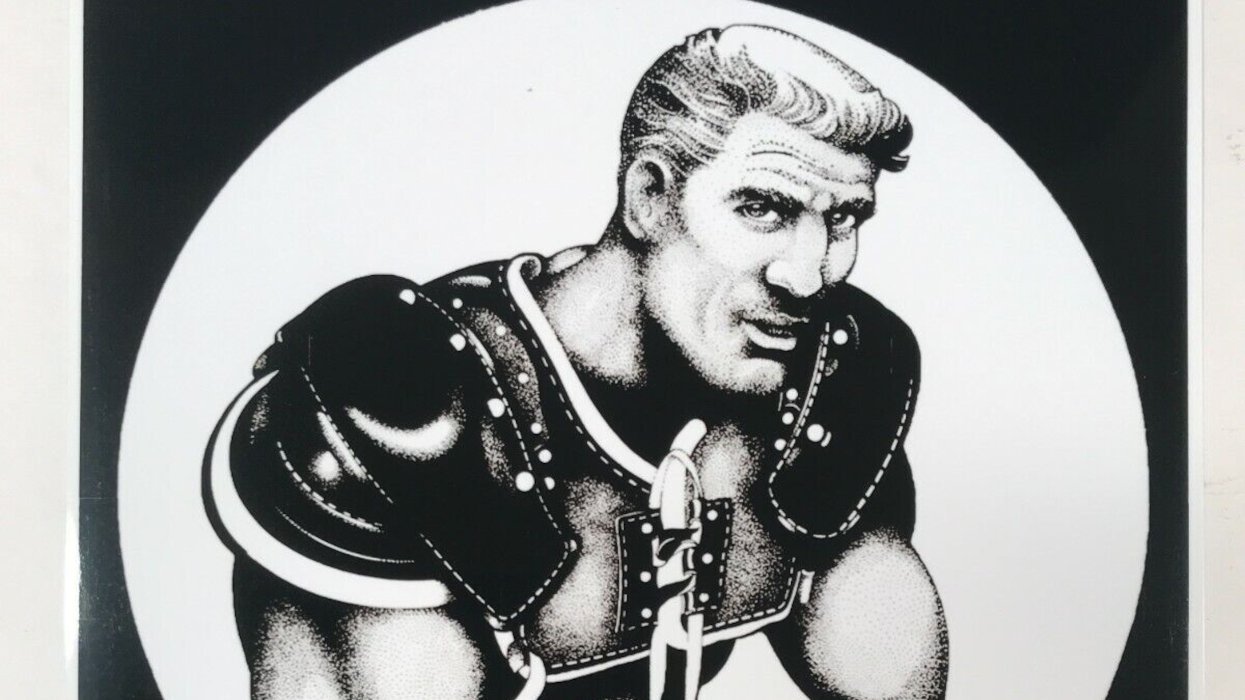
Plus
Yahoo FeedGay fetish artist Rex has died — see some of his sexy work
April 15 2024 8:13 PM
Brittney Griner and her wife, Cherelle, are expecting! Here's when baby Griner is arriving
April 15 2024 12:52 PM
Tennessee Senate passes bill making 'recruiting' for trans youth care a felony
April 14 2024 11:17 AM





















